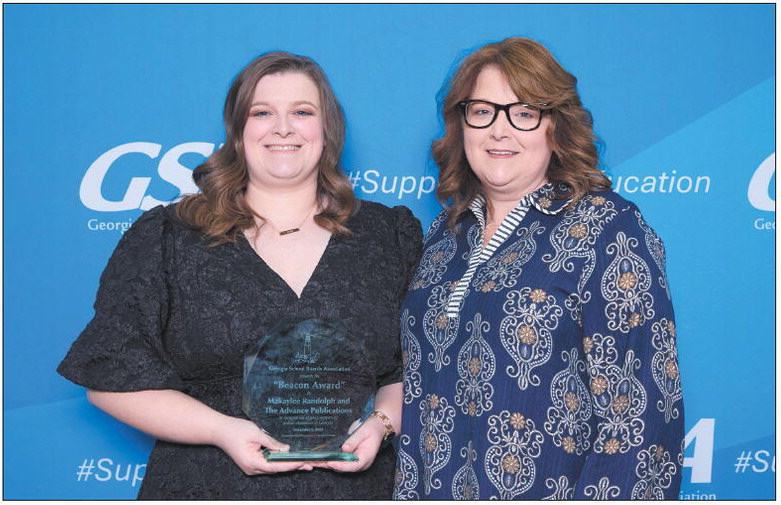How to avoid overdoing it with youth sports participation
Youth sports are wildly popular. According to the Sports & Fitness Industry Association, approximately 61 percent of children between the ages of six and 17 participated in a total team sport at least once per week in 2023.
Participation in sports can pay a number of dividends for children. Youngsters who play sports are physically active, which the Centers for Disease Control and Prevention has noted can lower risk for disease and decrease the likelihood children are overweight or obese. Sports participation also encourages social interaction, which can help children develop their interpersonal skills and provide opportunities to build lifelong friendships.
With so much to gain from participating in sports, it's no wonder that parents often encourage their children to get involved in local athletic leagues. But it's important that parents recognize how easy it can be to overdo it when it comes to youth sports. Some youth sports leagues now offer travel teams for children as young as six, and such leagues may require kids and their parents to commit several days per week to practice and games. That might be too much for some young athletes, and the following are some strategies parents can employ to ensure their kids are not overdoing it when it comes to sports participation.
Delay starting children in organized sports. The American Academy of Pediatrics recommends waiting until children are fully ready before starting them in organized sports. That time may be different for all kids, even siblings. But the AAP recommends parents wait to enroll children in organized sports until around age six. Free play, which is not governed by rules the ways organized sports are, can be just as effective as team sports at helping children develop their muscles, bones and balance.
Allow youngsters' ages to guide training time. The AAP suggests a good rule of thumb is that kids should not train more hours each week than their age. Under that guideline, an eight-yearold should not be spending more than eight hours per week practicing and playing a sport.
Avoid focusing on a single sport. Sports specialization is a term now used to described intensive training or competition in a single organized sport for more than eight months per year by children who are 12 years old and younger. The AAP advises against sports specialization. According to the sports medicine experts at Children's Healthcare of Atlanta, children who specialize in playing one sport early on have an increased risk of overuse injuries, which can develop due to intensive training. Such youngsters also are more likely to experience burnout and stress from playing the sport. Mixing up sports throughout the year reduces the risk for burnout and overuse injuries, as children likely won't grow bored and will be exercising in unique ways for each sport they play.
Take time off. Time off is another way to avoid overdoing it with young athletes. The AAP advises young athletes to take at least two to three months off from organized sports participation each year. Time off can be divided into one-month increments.
Sports are fun, and young athletes may want to keep playing all year long. But parents must take to steps to protect young athletes' bodies and avoid overdoing it with sports throughout the year.





